Enterprise AI Innovators
Innovation at the Edge: How AI Transforms the Enterprise with Bain Global CIO & CTO Ramesh Razdan
Nov 13, 2024
Season 1
Episode 47
Enterprise Software Innovators
On the 47th episode of Enterprise Software Innovators, hosts Evan Reiser (Abnormal Security) and Saam Motamedi (Greylock Partners) talk with Ramesh Razdan, Global CIO & CTO of Bain & Company. Bain & Company is a “Big Three” management consulting firm with 65 global offices, 19,000 employees, and over $8 billion in annual revenue. Bain helps Fortune 500 companies optimize performance, enhance operational efficiency, and implement innovative technology at scale. In this conversation, Ramesh shares his thoughts on how generative AI is transforming Bain, the evolution of the CIO role in the AI era, and how Bain’s clients harness the latest AI capabilities.
Quick hits from Ramesh:
On AI’s exciting potential to enhance security: “I remain to be extremely bullish on where AI can take us. I believe AI as a human oversight can really increase the velocity of our defense. We have to do that. Human beings cannot respond fast enough.”
On choosing which use cases to apply generative AI first: “A famous two by two exercise is to say, ‘What data is available and what value is at stake there?’, and then plot what's the most valuable data for what you are trying to do. What you don't want is the most complex use case up front because the engine is not warmed up. We need to prove the value.”
On understanding risk and compliance before adopting AI: “ This technology doesn't come with its own sets of risks. It doesn't come with its own set up. You need to establish proper risk and compliance forums. You need to make sure you are in lockstep with legal teams and risk teams. We want to make sure we're training the right way. We want to change the right behavior.”
Recent Book Recommendation: Optimal by Daniel Goleman
--
Like what you hear? Leave us a review and subscribe to the show on Apple, Google, Spotify, Stitcher, or wherever you listen to podcasts.
Enterprise Software Innovators is a show where top tech executives share how they innovate at scale. Each episode covers unique insights and stories that will help you succeed as a technology leader. Find more great lessons from tech leaders and enterprise software experts at https://www.enterprisesoftware.blog/
Enterprise Software Innovators is produced by Luke Reiser and Josh Meer.
 Innovation at the Edge: How AI Transforms the Enterprise with Bain Global CIO & CTO Ramesh Razdan
30:10
Innovation at the Edge: How AI Transforms the Enterprise with Bain Global CIO & CTO Ramesh Razdan
30:10
 Inside TransUnion's AI Evolution with CIO Munir Hafez
27:22
Inside TransUnion's AI Evolution with CIO Munir Hafez
27:22
 Unlocking the Practical Power of AI to Drive Enterprise Innovation with Grainger CTO Jonny LeRoy
29:57
Unlocking the Practical Power of AI to Drive Enterprise Innovation with Grainger CTO Jonny LeRoy
29:57
 From Noise to Signal: How AI is Shaping the Future of IT with Cloudflare CIO Mike Hamilton
27:45
From Noise to Signal: How AI is Shaping the Future of IT with Cloudflare CIO Mike Hamilton
27:45
 How AI is Revolutionizing Digital Marketing with Intuit Mailchimp SVP & CTO Jack Tam
21:53
How AI is Revolutionizing Digital Marketing with Intuit Mailchimp SVP & CTO Jack Tam
21:53
 Enlightening the Future of AI and Photonics with Excelitas Technologies EVP & CIO Amit Shah
31:14
Enlightening the Future of AI and Photonics with Excelitas Technologies EVP & CIO Amit Shah
31:14
 Transforming Retail Through AI with Former Giant Eagle EVP & CIO Kirk Ball
28:15
Transforming Retail Through AI with Former Giant Eagle EVP & CIO Kirk Ball
28:15
 Supercharging Enterprise Operations with AI with Lexmark Global CTO & CIO Vishal Gupta
25:24
Supercharging Enterprise Operations with AI with Lexmark Global CTO & CIO Vishal Gupta
25:24
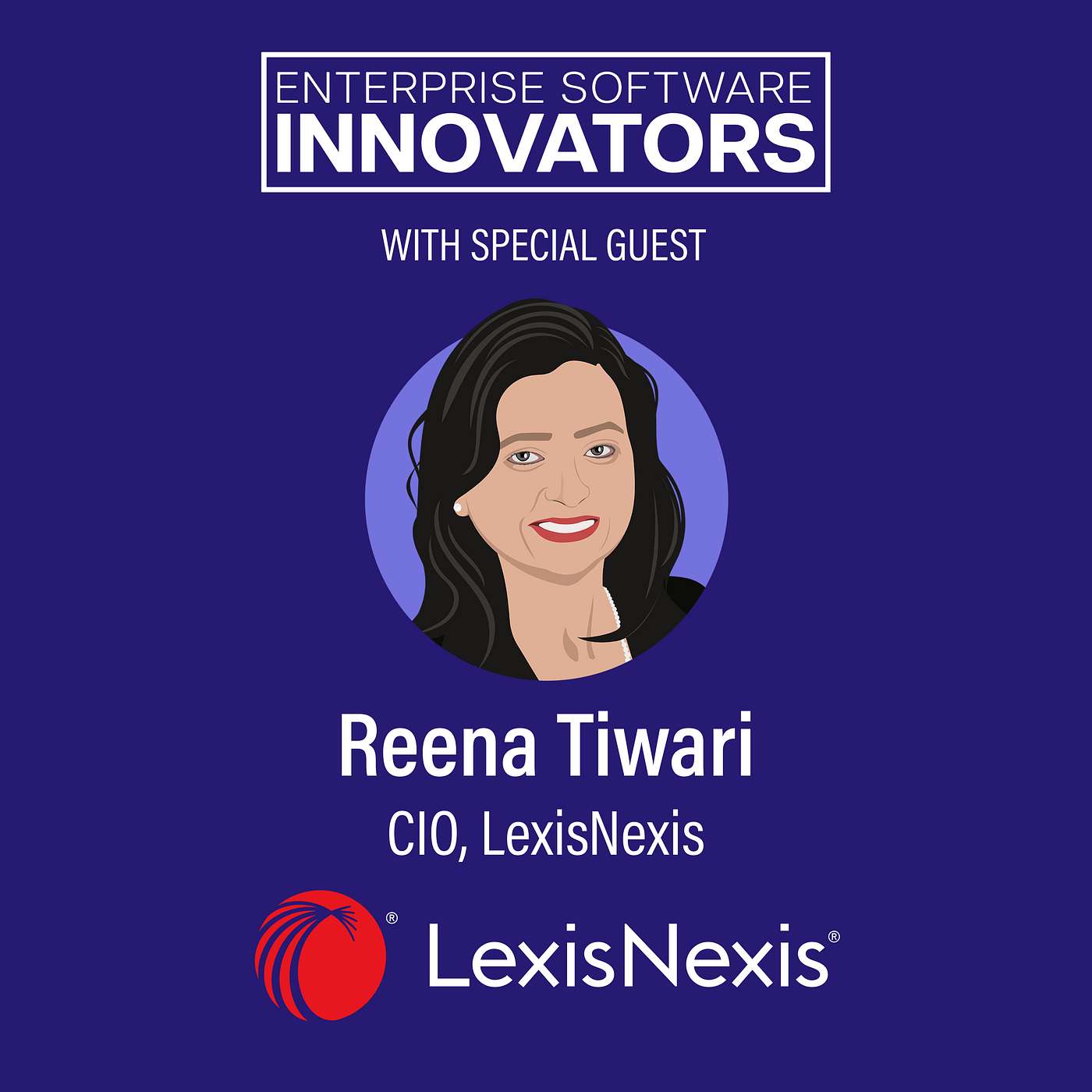 Empowering Teams Through AI Skills Enablement with LexisNexis Chief Information Officer Reena Tiwari
25:26
Empowering Teams Through AI Skills Enablement with LexisNexis Chief Information Officer Reena Tiwari
25:26
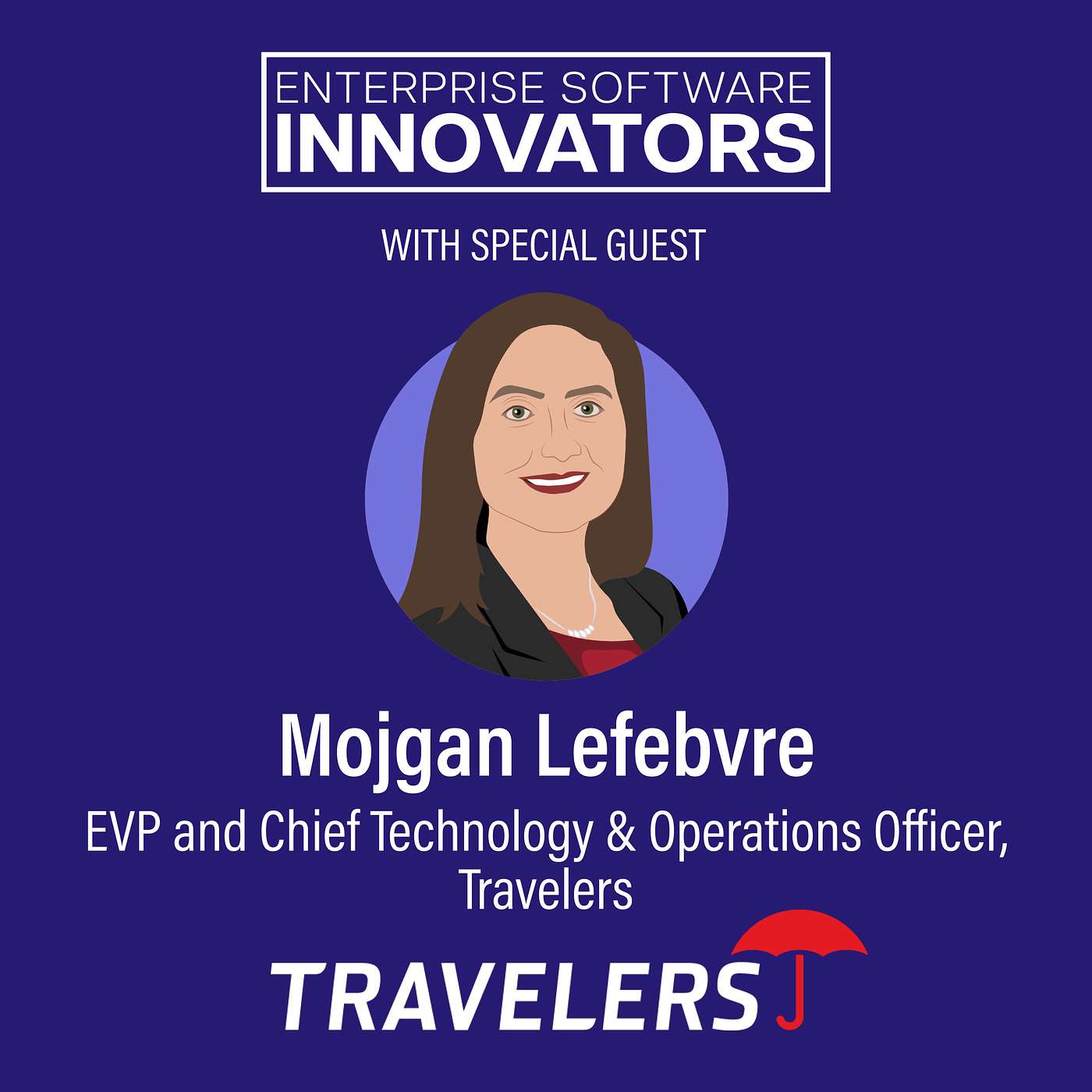 AI and the Future of Insurance with Travelers EVP and Chief Technology & Operations Officer Mojgan Lefebvre
23:49
AI and the Future of Insurance with Travelers EVP and Chief Technology & Operations Officer Mojgan Lefebvre
23:49
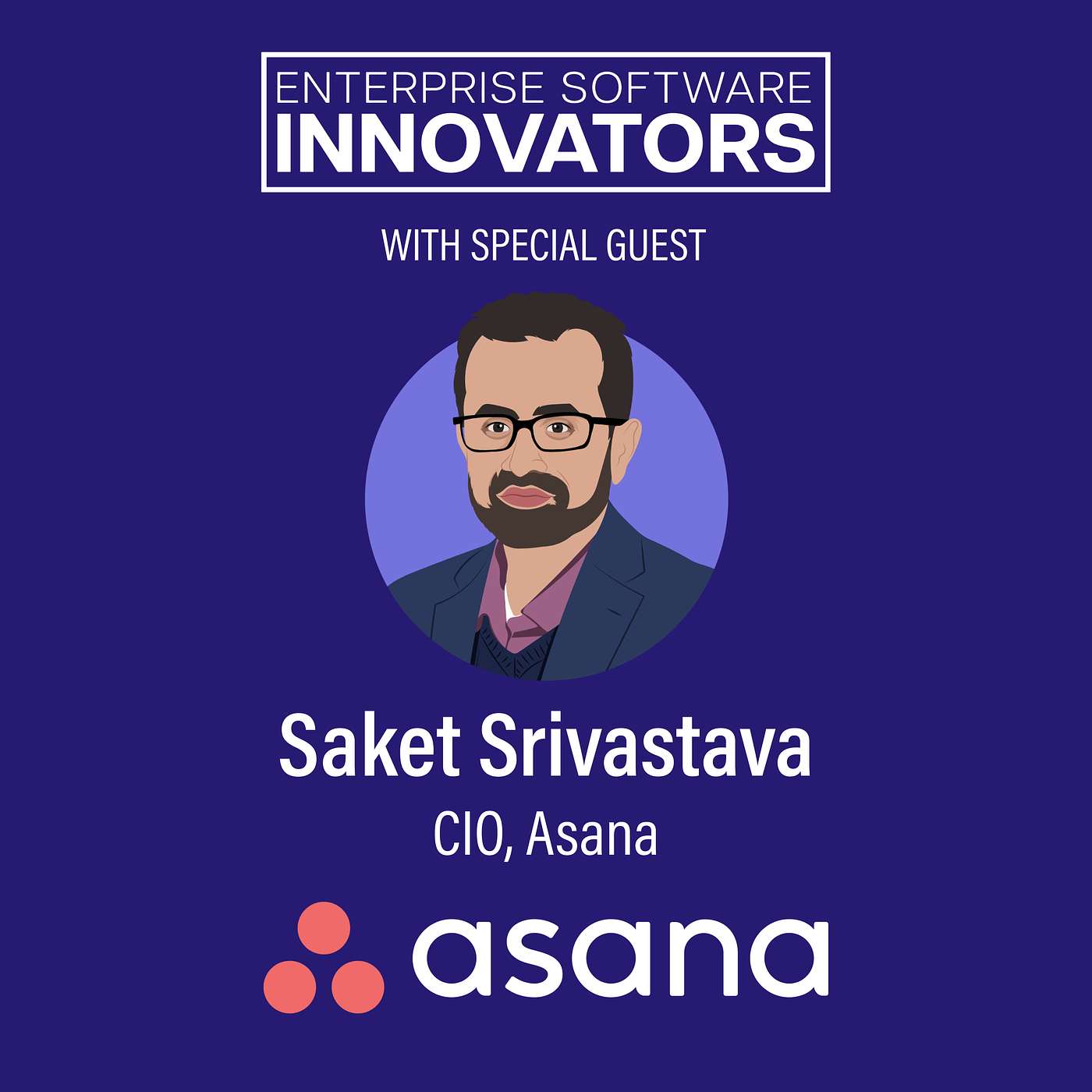 Empowering Your Enterprise Through Generative AI with Asana CIO Saket Srivastava
28:25
Empowering Your Enterprise Through Generative AI with Asana CIO Saket Srivastava
28:25
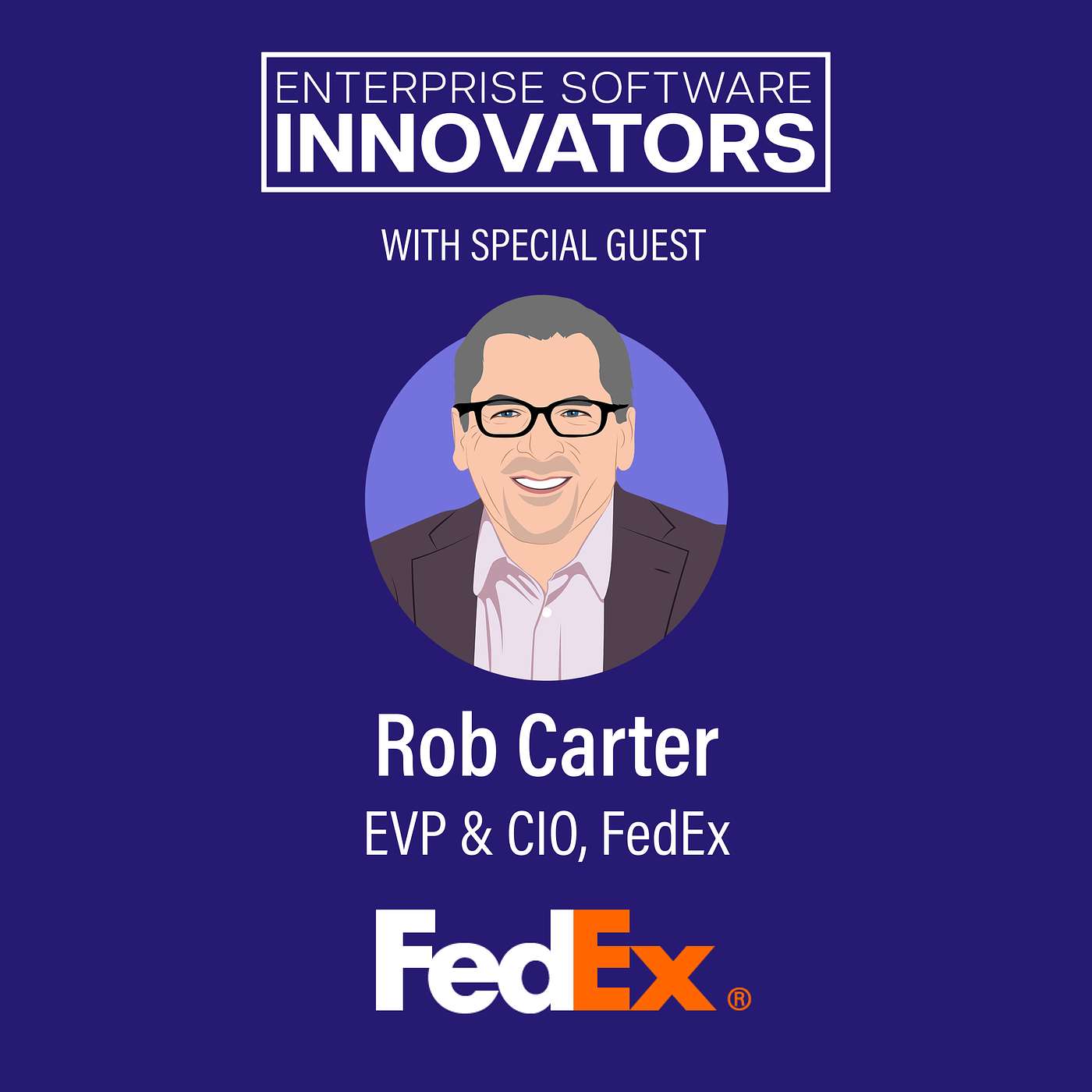 Leveraging AI to Transform the Future of Global Logistics with FedEx EVP & CIO Rob Carter
29:53
Leveraging AI to Transform the Future of Global Logistics with FedEx EVP & CIO Rob Carter
29:53
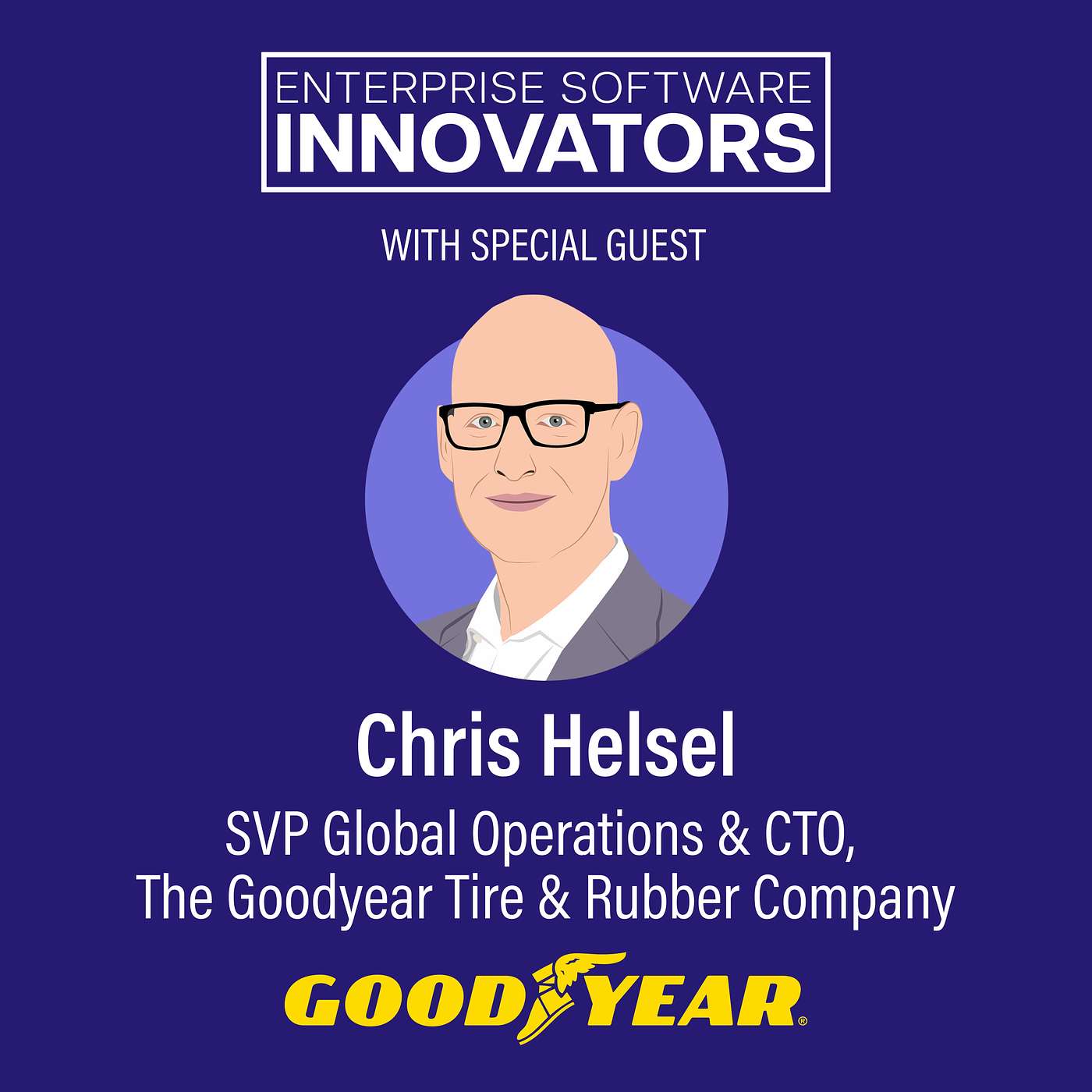 The Road Ahead: Pioneering the Future of Mobility with Goodyear SVP of Global Operations and CTO Chris Helsel
30:56
The Road Ahead: Pioneering the Future of Mobility with Goodyear SVP of Global Operations and CTO Chris Helsel
30:56
 How to Train Your Generative AI with Priceline CTO Marty Brodbeck
32:17
How to Train Your Generative AI with Priceline CTO Marty Brodbeck
32:17
 Understanding AI and Customer Success with Gainsight CIO Karl Mosgofian
28:45
Understanding AI and Customer Success with Gainsight CIO Karl Mosgofian
28:45
 Revolutionizing Business Operations With AI and Automation with PagerDuty CIO Eric Johnson
27:31
Revolutionizing Business Operations With AI and Automation with PagerDuty CIO Eric Johnson
27:31
 Unlocking Immersive Realities Through AI with Matterport CIO Pranab Sinha
23:11
Unlocking Immersive Realities Through AI with Matterport CIO Pranab Sinha
23:11
 Technology Innovations in the Clothing Industry with Former H&M CTO Alan Boehme
26:40
Technology Innovations in the Clothing Industry with Former H&M CTO Alan Boehme
26:40
 Navigating the Transformational Shift to AI With Former Snowflake CEO and Microsoft President Bob Muglia
26:43
Navigating the Transformational Shift to AI With Former Snowflake CEO and Microsoft President Bob Muglia
26:43
 A Holistic Approach to AI with Former Xerox CTO and PARC CEO Naresh Shanker
31:42
A Holistic Approach to AI with Former Xerox CTO and PARC CEO Naresh Shanker
31:42
 Using AI To Transform Manufacturing Processes with The Heico Companies EVP & CIO Tom Gerdes
26:00
Using AI To Transform Manufacturing Processes with The Heico Companies EVP & CIO Tom Gerdes
26:00
 The AI Playbook with Databricks CIO Naveen Zutshi
31:28
The AI Playbook with Databricks CIO Naveen Zutshi
31:28
 How AI Fuels the Future of Work with Cisco VP of Business Strategy Paul Chapman
18:11
How AI Fuels the Future of Work with Cisco VP of Business Strategy Paul Chapman
18:11
 The Power of AI at Wyndham Hotels & Resorts with EVP & CIO Scott Strickland
29:11
The Power of AI at Wyndham Hotels & Resorts with EVP & CIO Scott Strickland
29:11
 How AI Will Transform Healthcare with Teladoc Health Chief Innovation Officer, EVP of R&D and Technology Claus Torp Jensen
29:52
How AI Will Transform Healthcare with Teladoc Health Chief Innovation Officer, EVP of R&D and Technology Claus Torp Jensen
29:52
